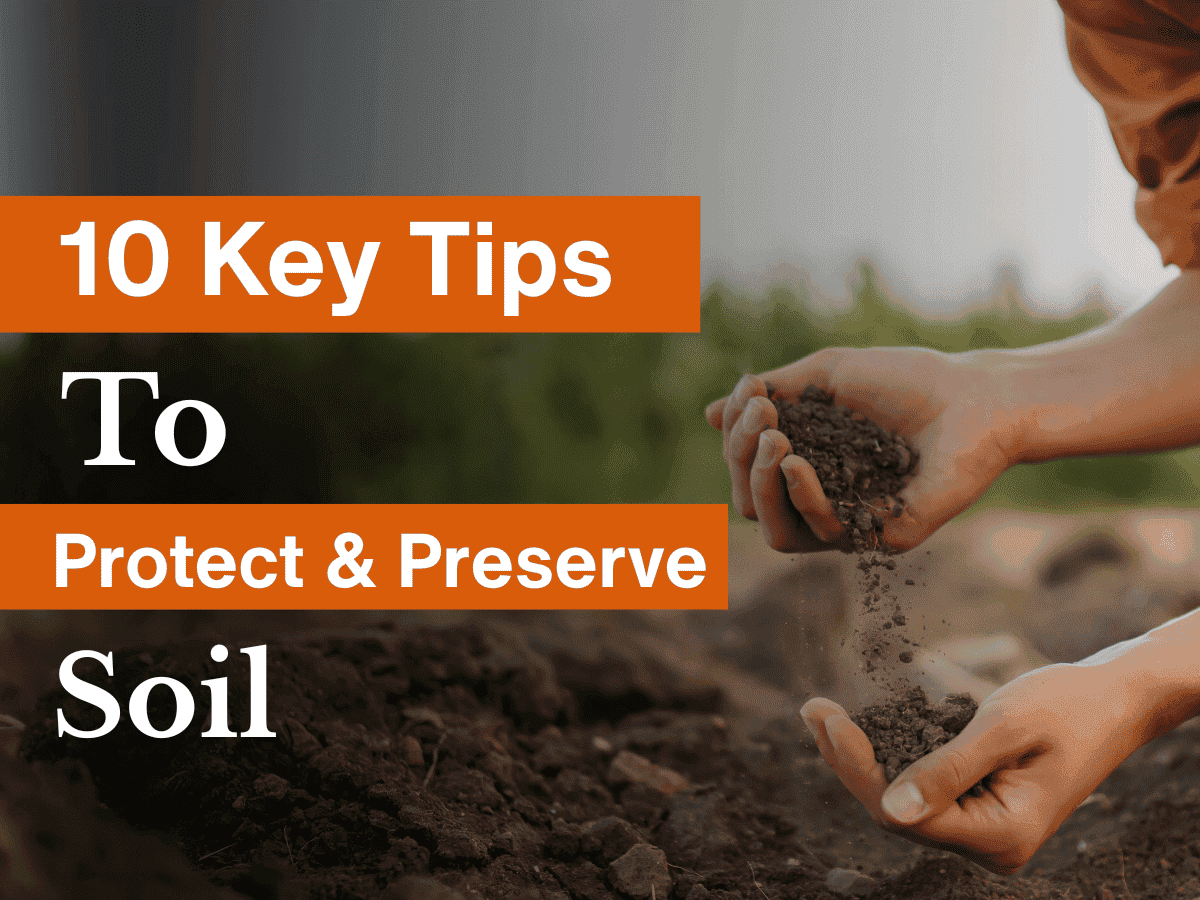ceat-speciality:blogs-tags/all,ceat-speciality:blogs-tags/agriculture
How to Select the Best Tread Pattern for Your Tractor Tyres?
Fri, 12 Sep 2025 | PRODUCTS
Choosing the best tractor tyres is not just a matter of preference. It’s a decision that directly impacts your farm’s productivity, soil health, and long-term costs. Tractor tyres come in different tread patterns, and each one is designed for specific conditions. The wrong tread could mean wasted fuel, unnecessary wear and tear, or even damage to your land.
In this guide, we’ll walk you through the seven main tread types and when to use each. We’ll also explore how modern innovations like VF tyre technology from CEAT Specialty are changing the game by improving traction, reducing soil compaction, and extending tyre life.
By the end of this blog, you’ll know exactly how to select the right tread pattern for your tractor tyres to strike that perfect balance between traction and soil preservation.
Why Does Tread Pattern Matter?
Before diving into the tread types, let’s look at why tread design is such a big deal.
- Traction – More grip means more pulling power and less slippage.
- Soil Health – A wrong tread can compact soil and reduce yield.
- Durability – The right tread extends tyre life and cuts replacement costs.
- Efficiency – Proper treads reduce fuel consumption and improve performance.
In short, your tyre’s tread pattern isn’t just rubber on the ground. It’s the bridge between your machine and your land.
The Main Tractor Tyre Tread Types
R-1: Standard Agricultural Tyres
The R-1 is the most common type of tractor tyre and is considered the all-rounder. It’s ideal for general farming, dry soil, and moderately wet fields.
- Pros: Great for everyday use, excellent traction.
- Cons: Can struggle in extremely wet or muddy fields.
R-1W: Deep Lug Tyres
Think of R-1W as R-1’s stronger cousin. They feature deeper lugs that provide better grip in wet, sticky soils.
- Best for: Farmers dealing with seasonal rains or soft ground.
- Tip: Choose these if you want one tyre type for year-round farming.
R-2: Deep Mud Tyres
Designed with very deep treads, R-2 tyres are built for sugarcane fields, rice paddies, and areas with standing water.
- Pros: Exceptional grip in mud.
- Cons: Overkill for dry or firm soil, wears faster outside in wet conditions.
R-3: Turf Tyres
R-3 tyres are all about protecting delicate soil and crops. They’re perfect for vineyards, orchards, and lawns where soil preservation is more important than traction.
- Pros: Gentle on the ground, prevents compaction.
- Cons: Limited grip on loose or muddy terrain.
R-4: Industrial/Construction Tyres
R-4 tyres are hybrids built for tough surfaces like gravel, pavement, and construction sites.
- Pros: Extra durability, resists punctures.
- Cons: Not ideal for soft soil farming.
Turf Tyres (Specialised)
Used in golf courses, sports grounds, and landscaping. These tyres keep the grass intact while still allowing machinery to move smoothly.
Industrial Lug Tyres
For heavy machinery like loaders and backhoes, industrial lug tyres balance strength with stability. They’re rarely used for farming but useful for mixed applications.
VF Tyre Technology: Farming Made Smarter
Modern farming demands tyres that do more. This is where VF (Very High Flexion) tyres from CEAT Specialty step in.
- Higher load capacity – Carry up to 40% more without increasing tyre pressure.
- Lower soil compaction – The flexible sidewalls distribute weight evenly.
- Fuel efficiency – Less slippage means reduced fuel consumption.
- Longer tyre life – Stronger build and smarter design extend durability.
How to Match Tread Pattern with Your Needs
When selecting the best tractor tyres, consider:
- Terrain type – Mud, grass, dry soil, or rocky ground?
- Farming activity – Ploughing, hauling, orchard work, or construction?
- Soil sensitivity – Do you need to protect delicate soil or maximise traction?
- Climate conditions – Dry summers or rainy seasons?
💡 Pro Tip: If you’re unsure, R-1W tyres like FARMAX R70/R75 and FARMAX R85 often strike the best balance for general farming.
Balancing Traction vs Soil Preservation
The golden question: How do you balance traction with soil health?
- For high-traction needs (like ploughing), go for deeper lug patterns (R-1W or R-2).
- For soil preservation (orchards, turf), R-3 or turf tyres are best.
- For heavy-duty, mixed-use farming, consider VF technology tyres for the best of both worlds.
Wrapping It Up
The best tractor tyres are the ones that match your soil conditions, workload, and long-term goals. Whether you’re battling muddy fields with R-2 tyres, protecting orchards with R-3, or looking for all-round performance with R-1W, your choice will make a big difference.
With advanced options like VF tyres from CEAT Specialty, farmers can now achieve higher efficiency, reduced soil compaction, and improved durability—a win-win for both productivity and sustainability.
Next time you’re choosing tractor tyres, remember: tread pattern is more than just design—it’s the key to your farm’s success.
FAQs
How do I know which tractor tyre tread is best for my land?
It depends on your soil type, weather conditions, and the work you do. R-1 is a safe general choice, while R-2 is better for muddy fields and R-3 for soil-sensitive crops.
Are VF tractor tyres worth the investment?
Yes! VF tyres from CEAT Specialty can carry more load at lower pressures, meaning less soil damage, better yields, and longer tyre life.
What makes CEAT Specialty tractor tyres unique?
CEAT Specialty offers a wide range of high-performance tyres that are durable, efficient, and designed to protect your land while keeping costs manageable.






















